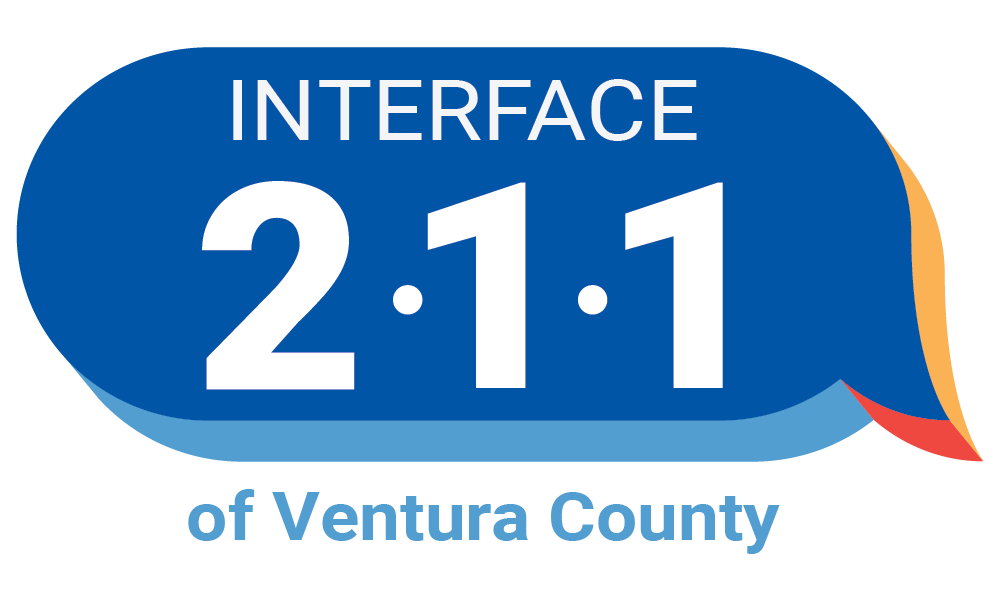
When I was a teenager, I did my best to follow the rules, stay out of trouble, and not embarrass my family. For the most part, I succeeded, my folks would be proud to say. But just like every teen out there now and throughout time, I wasn’t perfect. Sometimes I made spectacular mistakes, and yes to be completely truthful, I even broke the law a time or two… thankfully, those stupid mistakes didn’t end up defining who I am as a man today. They didn’t derail my career aspirations or opportunities. You can call it luck, angelic intervention, or privilege, but whatever the reasons, I’m thankful that I am judged today for my “mature-self” decisions and behaviors. We all wish for do-overs in life—we can’t actually rewind all the consequences—and yet thankfully we do get second chances. We can always make new decisions, correct our wrongs, try to reconcile with others, and have a chance at being that higher form of ourselves in this world.
Let’s talk about the kinds of second chances that change lives and communities. This month is Second Chance Month, this month celebrates the fact that all humans have inherent dignity and potential, regardless of their past. It also recognizes that one in three American adults has a criminal record, which limits their access to education, jobs, housing, and other things they need to reach that potential. Second Chance Month is about unlocking better futures for 70 million Americans who have repaid their debt to society. In our own region, the realities of racial inequity in the prison population are especially stark. For every white man in prison, there are two Latinos and four black Americans in prison too.
A man named Ian Manuel recently published an opinion piece in the New York Times about the United States’ practice of placing children in solitary confinement. Arrested as a 13-year-old in crisis for shooting a woman during a botched robbery, he was tried as an adult and given a life sentence without the possibility for parole. Plausibly for his protection due to his young age, guards placed him in solitary confinement that lasted for 18 consecutive years. He is now trying to reintegrate into society after having his sentence overturned. Mr. Manuel is just one case. Just one case of a black boy who was arrested instead of assisted. Just one case of a black boy tried as an adult when his white peers with similar crimes were tried through juvenile courts. Just one case of violent treatment in prison. As this man emerges from prison, one question remains: will he ever really experience freedom? Can our society right its wrongs as we have asked him to right his?
 The Justice Services team at Interface seeks to help our formerly incarcerated clients brighten their future and experience equitable opportunities for freedom in our society. Interface is one of only a handful of organizations across the nation to use a pay-for success (PFS) model in which concerned citizens invest in programs that improve social outcomes for newly free individuals. These programs save money for local governments and allow for evidence-based, comprehensive care that transforms client’s lives. UCLA researchers are rigorously evaluating our PFS program, which has proved a 4.7% reduction in recidivism for the first cohort. (This may not seem like a large change, but the standards applied to this independent evaluation are very strict and prove the effectiveness of our approach without question with a historically hard-to-impact population.) Over 50% of clients who participated had no new arrests. The remote delivery of our services during the pandemic has made it even more possible for our clients to receive services when they might lack transportation, flexible work hours, or have other impediments to receiving help.
The Justice Services team at Interface seeks to help our formerly incarcerated clients brighten their future and experience equitable opportunities for freedom in our society. Interface is one of only a handful of organizations across the nation to use a pay-for success (PFS) model in which concerned citizens invest in programs that improve social outcomes for newly free individuals. These programs save money for local governments and allow for evidence-based, comprehensive care that transforms client’s lives. UCLA researchers are rigorously evaluating our PFS program, which has proved a 4.7% reduction in recidivism for the first cohort. (This may not seem like a large change, but the standards applied to this independent evaluation are very strict and prove the effectiveness of our approach without question with a historically hard-to-impact population.) Over 50% of clients who participated had no new arrests. The remote delivery of our services during the pandemic has made it even more possible for our clients to receive services when they might lack transportation, flexible work hours, or have other impediments to receiving help.
Interface also serves as the “backbone” organization for the COmmunity REentry project, a collaborative of community-based agencies serving the recently released with the mission to remove barriers, increase awareness, and provide community supports to promote successful reintegration and to reduce recidivism. Services consist of evidence-based practices including Moral Reconation Therapy, field-based case management, family services, and parenting, trauma treatment, sober living beds, and restorative justice groups. CORE has been enormously successful, showing a 21% to 31% reduction in repeat criminal behavior.
Our programs work! They are helping men and women stay out of our prison system and to stay in the lives that they want to lead and that we want to see them lead. They are helping achieve more equity in communities in our own backyards.
We want you to know that we are leaders in supporting our neighbors out of crisis, out of imprisonment, and into freedom. In doing this, we help to create the kind of society that we all want to live in. It is absolutely safer for them and safer for all of us. None of us want to be defined by our worst decisions; we want and often expect others to offer us “do-overs” or second chances. We must extend that same grace and not allow a person’s worst decisions to define forever their role in society. Join us in helping to promote equitable opportunity for those seeking that second chance to be free.
With respect and compassion,

Erik Sternad
Executive Director

